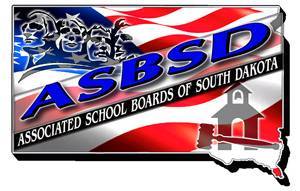Local school boards will maintain their local control over their school board election dates and board member terms will stay as they are now after the defeat of a bill infringing on local control was defeated.
House Education committee members voted 9-5 to defeat House Bill 1177, which dictates the date of school board elections in even numbered years and sets board term limits, and, despite the deficit in votes, Rep. Doug Post of District 7 smoked-out the bill on the House floor.
Ultimately, though, Rep. Post’s attempt to calendar was unsuccessful as it lost on a 25-39 vote for it to even get an opportunity to be debated openly on the House floor.
HB 1177 sought to:
- Require every school board election, from 2024 on, be held in November along with the general election;
- Dictate a four-year term for school board members from 2024 forward and in the lead up to the 2024 election prescribe specific lengths for board member terms;
- Require school boards to reorganize in December, after each election, which is currently five months after when boards normally reorganize;
Rep. Post argued that “turnout for school district elections is abysmal in some districts” but did not give examples and claimed the change would provide “more authenticity to your election process by having it go this way.”
ASBSD opposed the bill with Executive Director Wade Pogany stating “this bill completely disrupts the school board process.”
“This disruption happens if you completely reverse the school board year,” Pogany testified in opposition, adding that the bill would prescribe a reorganization meeting three to four months after the school year begins.
S.D. Department of Education Secretary Ben Jones testified in favor of the bill, saying the “staggering” of the elections and terms “is a smart thing to do.” The state Department of Education does not participate in school board elections in any manner.
Pogany retorted that lengthening board terms to four years “could be problematic” as those terms are longer than most elected officials terms and that the inclusion of the school board elections along with the general election would “take the non-partisan” school board elections and make them “partisan because you put them in the general election.”
“Don’t put us in a position where (school board election) becomes partisan,” Pogany requested.
Kea Warne of the S.D. Secretary of State’s office cited “the cost to the counties is going to be tremendous” with the proposed change in election timelines and that the election process is “already a struggle” for all government subdivisions.
For updates from the 2020 legislative session, check the ASBSD Blog and Bill Tracker page.
